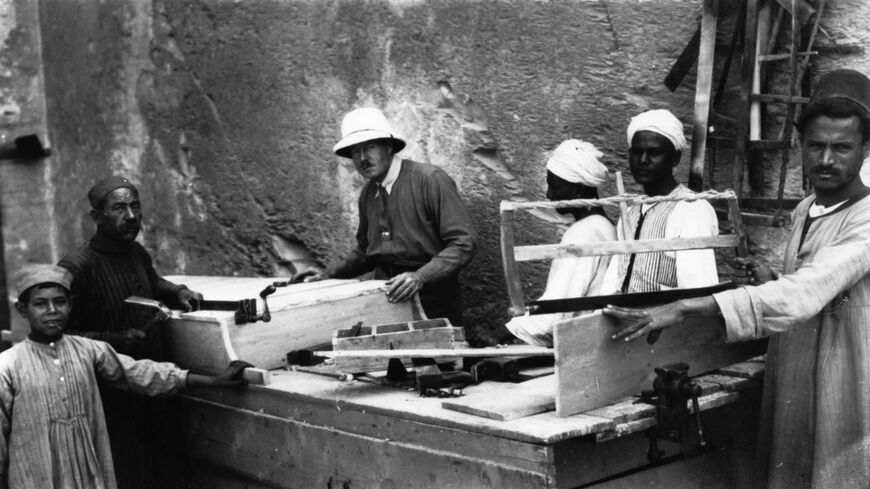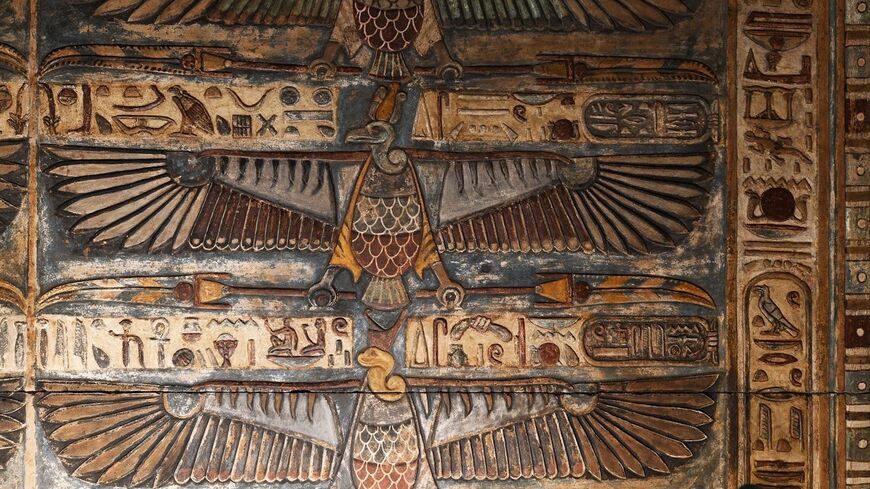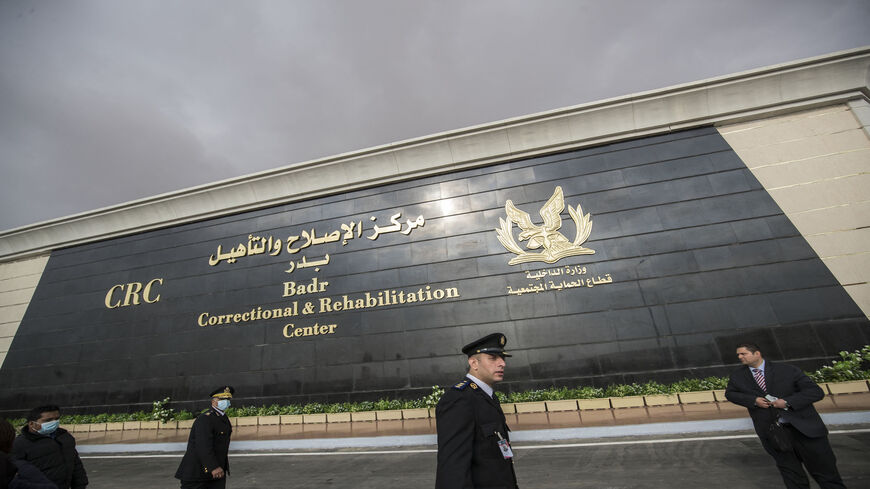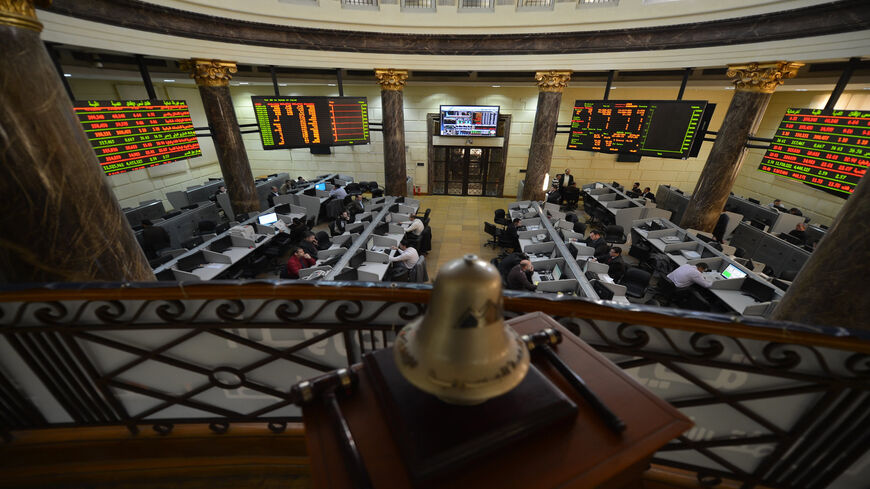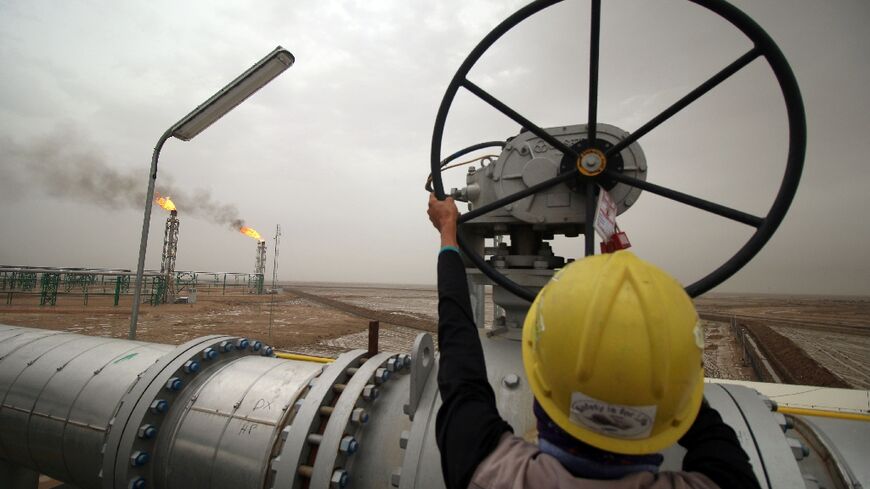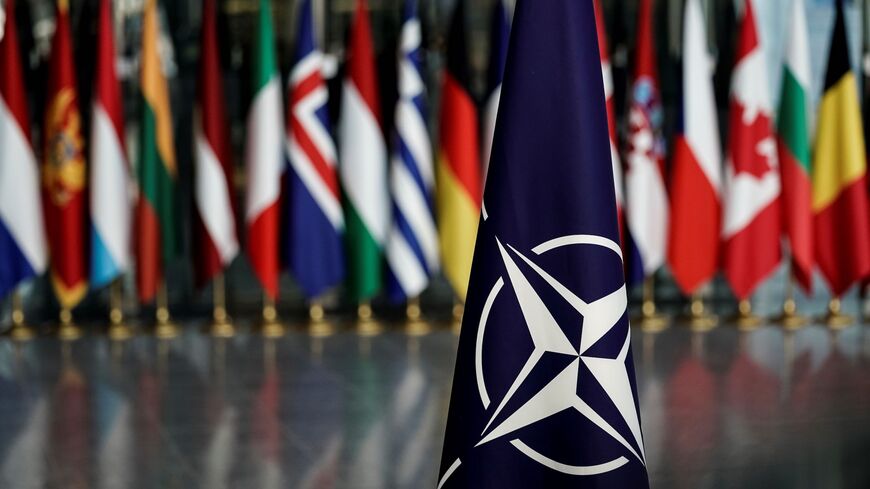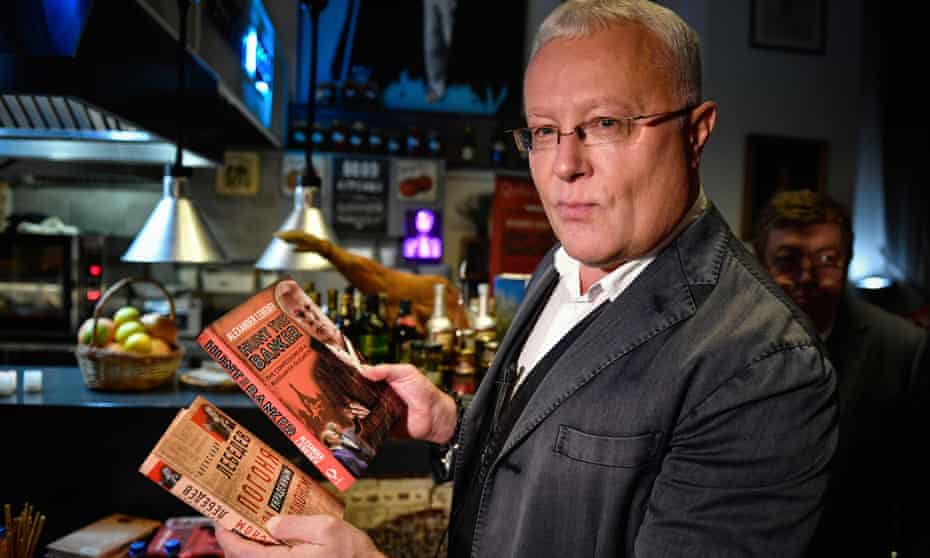CGTN

The World Food Programme says food insecurity now affects 9.3 million people in the countries where it has a presence in Latin America and the Caribbean. /CFP
The number of severely food insecure people increased by over half a million between December 2021 and March 2022 in Latin America and the Caribbean, the United Nations World Food Programme (WFP) said on Tuesday.
The agency noted that food insecurity now affects 9.3 million people in the countries where it has a presence in the region, and this figure could rise to 13.3 million if the conflict in Ukraine continues unabated.
"Millions of people could be pushed into poverty and hunger if the conflict in Ukraine continues. The region is already dealing with COVID-19, rising costs and climate extremes," said Lola Castro, WFP's Regional Director for Latin America and the Caribbean.
"We could return to food insecurity peaks seen during the height of the pandemic, as job and income losses, food inflation and other driving factors batter the most vulnerable people."
Like most regions globally, commodity and energy prices have surged since the onset of the Ukraine conflict in late March.
With many countries in the region highly dependent on cereal imports, resultant food inflation threatens even more hunger.
The WFP also noted that the situation also affects its operations in the region, as increases in food and oil prices have driven operational costs.
"In this year of unprecedented needs, our humanitarian dollar is stretched to breaking point. While the number of hungry people keeps rising, the gulf between our funding needs and available resources continues to widen," said Castro.
The agency said it urgently requires US$315 million to cover its operational costs across the region over the next six months.
